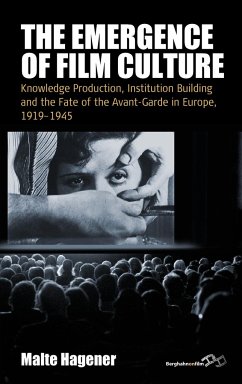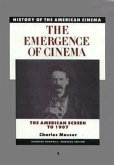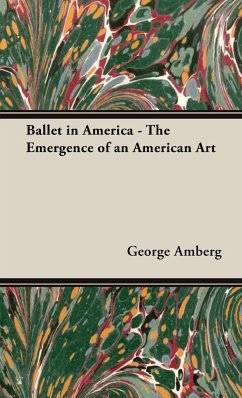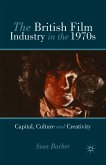"[C]ontributes significantly to...a welcome turn among film historians who increasingly inscribe individual films, directors, and national practices within transnational, regional, and global film cultures...has the potential to become a key reference for critical approaches to film cultures in interwar Europe." · Steven Ungar, University of Iowa "This newest anthology is a wonderful contribution to the field...offer[ing] valuable takes on the development of European film culture in the interwar period...[I]t goes beyond the usual suspects (say, France and Germany) to examine the flourishing of a new film culture in many other contexts throughout Europe. There is an opening up of film historiography here in a way that is quite exciting and quite productive." · Dana Polan, New York University Between the two world wars, a distinct and vibrant film culture emerged in Europe. Film festivals and schools were established; film theory and history was written that took cinema seriously as an art form; and critical writing that created the film canon flourished. This scene was decidedly transnational and creative, overcoming traditional boundaries between theory and practice, and between national and linguistic borders. This new European film culture established film as a valid form of social expression, as an art form, and as a political force to be reckoned with. By examining the extraordinarily rich and creative uses of cinema in the interwar period, we can examine the roots of film culture as we know it today.








